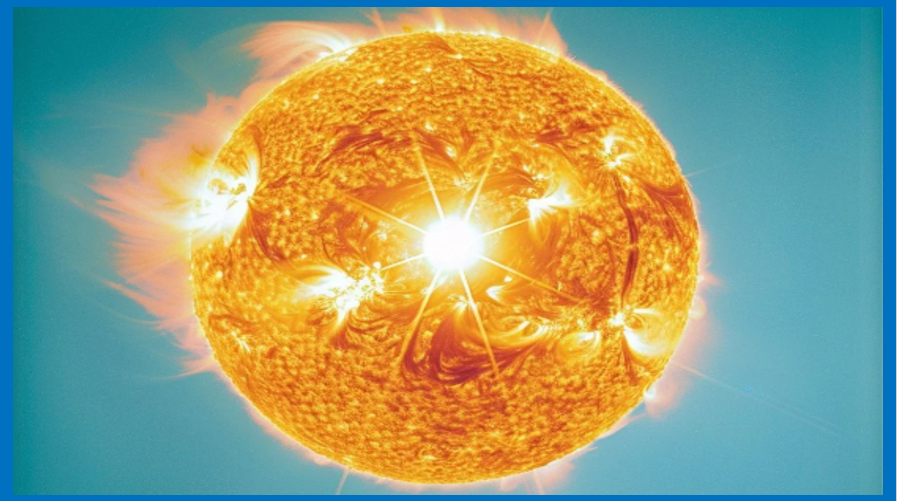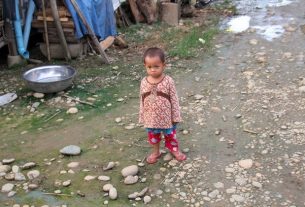The World Meteorological Organization (WMO) has issued a stark warning, projecting an 80% likelihood that global temperatures will exceed the 1.5°C threshold above pre-industrial levels at least once between 2025 and 2029. This marks a significant acceleration in global warming, with the five-year average temperature expected to range between 1.2°C and 1.9°C above the 1850–1900 baseline .(Reuters, World Meteorological Organization)
Implications for Climate Targets
While the Paris Agreement aims to limit long-term global warming to well below 2°C, the WMO’s forecast indicates that the 1.5°C threshold may be temporarily surpassed in the coming years. This underscores the urgent need for intensified climate action to mitigate the impacts of such warming .
Regional and Environmental Consequences
The WMO’s report highlights several concerning trends:
- Arctic Warming: The Arctic is projected to warm at more than three times the global average, accelerating ice melt and contributing to rising sea levels .(Reuters)
- Extreme Weather Events: Increased global temperatures are expected to lead to more frequent and intense heatwaves, droughts, floods, and wildfires, posing significant risks to ecosystems and human populations .(AP News)
- Regional Climate Variations: The Amazon may experience drier-than-average conditions, while regions like northern Europe, Alaska, and northern Siberia could face above-average rainfall .(Reuters)
Scientific and Policy Considerations
The WMO emphasizes that while short-term temperature increases do not equate to a permanent breach of the 1.5°C target, they signal a concerning trend that necessitates immediate and sustained global efforts to reduce greenhouse gas emissions and enhance climate resilience .(World Meteorological Organization)
Conclusion
The WMO’s projections serve as a critical reminder of the accelerating pace of climate change and the imperative for comprehensive global action to address its causes and mitigate its effects. As the world approaches these critical temperature thresholds, the window for effective intervention narrows, making prompt and decisive action more crucial than ever.(World Meteorological Organization)



